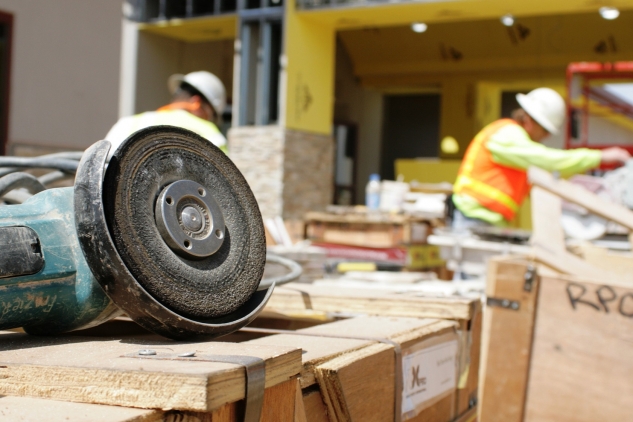
Human rights and public procurement: is taxpayer money financing forced labour in supply chains?
Governments, both at the national and local level, are significant purchasers of goods and services. Governments purchase –or procure- a wide variety of goods and services, such as uniforms, food, electronics, cleaning or construction services from global supply chains. However, many of these supply chains have been linked to severe labour and human rights violations, including forced labour and human trafficking for labour exploitation. With 71% of companies reporting that there is a risk of modern slavery in their supply chains, according to the Ethical Trade Initiative (ETI), the likelihood of finding forced labour and human trafficking in the production of government-purchased goods and services is high.
Unlike most consumers, the scale of public procurement gives Governments significant leverage over the businesses from which they procure. On average, government procurement accounts for 17% of GDP in OECD member countries, and it is estimated that UK Government procurement amounts to 20% of GDP. The U.S. government, for example, is the largest single purchaser in the global economy, with an annual spending between $350 and $500 billion. This sum dwarfs the estimated $69 million spent every year by the U.S. in the fight against modern slavery, and even the cumulative spending of $124 million by OECD member countries.
However, the potential of public procurement to address human rights violations in global supply chains has been largely left untapped. The strong focus on the key role of public procurement in stamping out forced labour at the OSCE High Level Conference on Trafficking in Human Beings in Global Supply Chains is therefore timely and encouraging. As Susan Coppedge, US Ambassador-at-large to Monitor and Combat Trafficking in Persons eloquently put it during her intervention at the conference: “Governments need to say we won’t buy your stuff” if it has been produced with trafficked or forced labour.
In the United States, an Executive Order issued by President Obama in 2012 requires government contractors to certify that they and their subcontractors are not engaged in human trafficking activities and to create a ‘compliance plan’ to prevent exploitation. Other countries are also making significant strides forward. In Argentina, companies that frequently abuse the rights of workers are prohibited from receiving government contracts. In Brazil, companies included in the “dirty list” of employers found to have used slave labour cannot receive Government funding and their access to private financing is also limited. In Sweden, over 20 Country Councils —with a joint spending of over 13 billion Euros— have adopted a common Code of Conduct, which requires contractors to comply with various human rights and labor conventions, as well as with the relevant laws in the country of manufacture. To ensure production of the goods is in compliance with the Code of Conduct, contractors are required to carry out human rights due diligence.
Using their leverage to improve corporate respect for human and labour rights and is not only in line with most governments’ policy commitments, but is also part of governments’ duty to protect human rights under the UN Guiding Principles on Business and Human Rights (UNGPs). Specifically, UNGP 6 says that that “States should promote respect for human rights by business enterprises with which they conduct commercial transactions,” including “through the terms of contracts.” The UK Government, however, has not enacted legislation to this effect, leaving exploitative contractors free to benefit from government contracts. While the UK Government has legislated to require companies to report on their efforts to eradicate modern slavery from their supply chains, it has not yet established similar transparency requirements in government purchasing. The Private Members Bill – the Modern Slavery (Transparency in Supply Chains) Bill 2016-17 – seeks to address this gap by requiring all public bodies above a certain threshold size to publish a Modern Slavery Statement under section 54 of the Modern Slavery Act.
The UK also has an opportunity to lead the way by developing legislation to integrate human rights requirements into the UK’s procurement practices. Such measures would not only incentivize good corporate behavior, but would also contribute to leveling the playing field and preventing ethical suppliers and contractors from being underbid by unscrupulous businesses.
